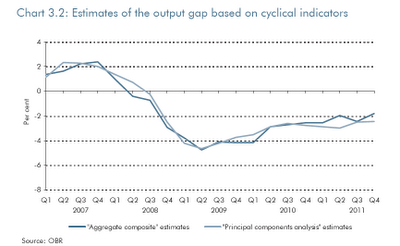An evening with Elinor Ostrom

Last night I attended the Annual IEA Hayek Memorial Lecture delivered by the brilliant Nobel prize winning economist Elinor Ostrom . The subject was one of my favourites; Market Failure and Government Regulation. To be more precise, the title was "Future of the Commons: Beyond Market Failure and Government Regulation". Steve Davies of the IEA has the summary here . Elinor was amazing. Despite her age and a lovely-old-grandmother appearance she seems so vivid and sharp. This should hardly come as a surprise since most groundbreaking economists live up to be over 90 years old (Mises - 92, Hayek - 92, Friedman - 94, Samuelson - 94, North - 91, Tullock - 90 Buchanan - 92, Coase - 101; bear in mind that the last 4 of the list are still alive and active) without losing a bit of their brilliance or sharpness. In fact, I remember Paul Samuelson had an article on the current crisis published in a newspaper about two weeks before he died. Anyway, her Nobel prize winning res...






